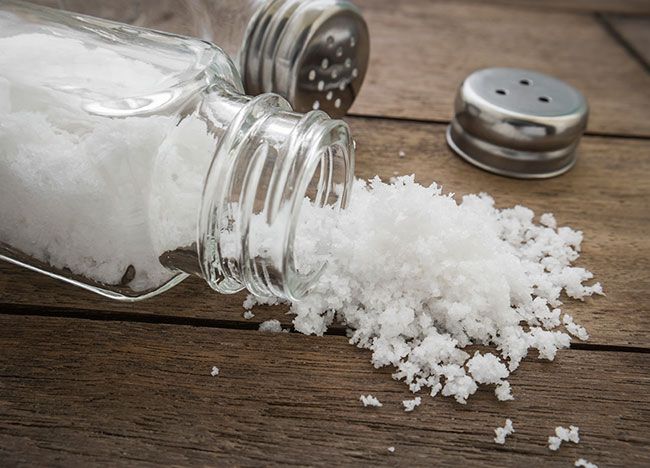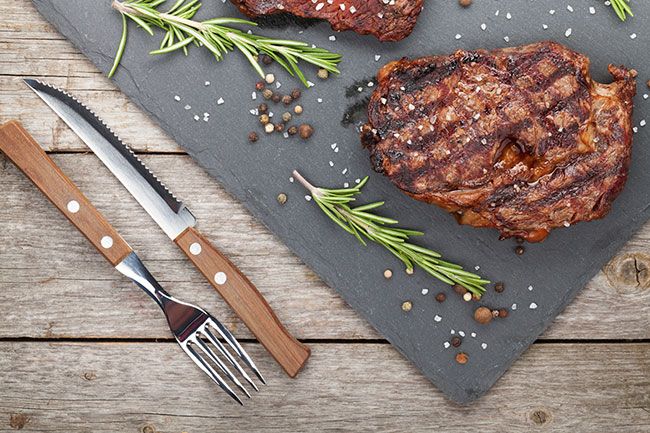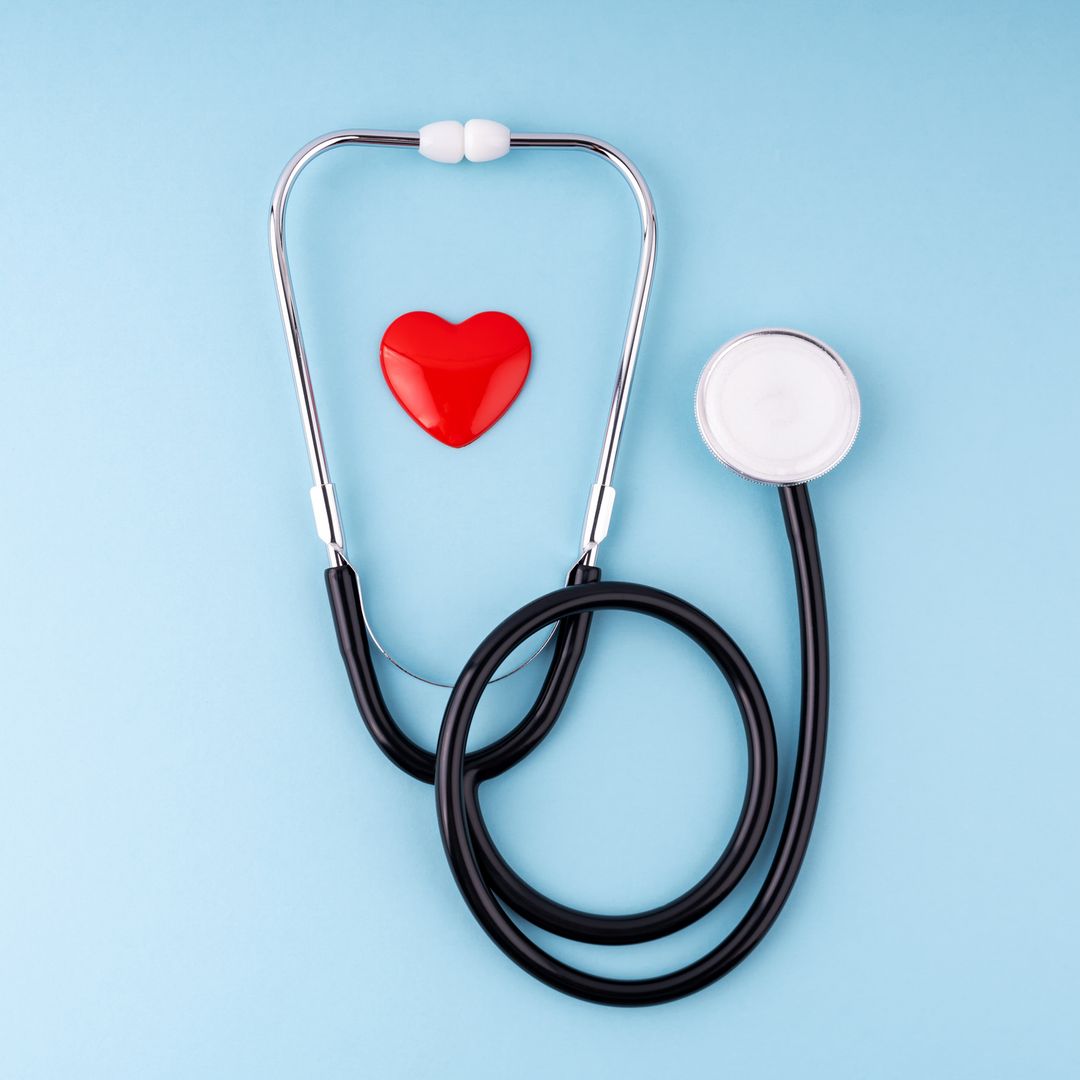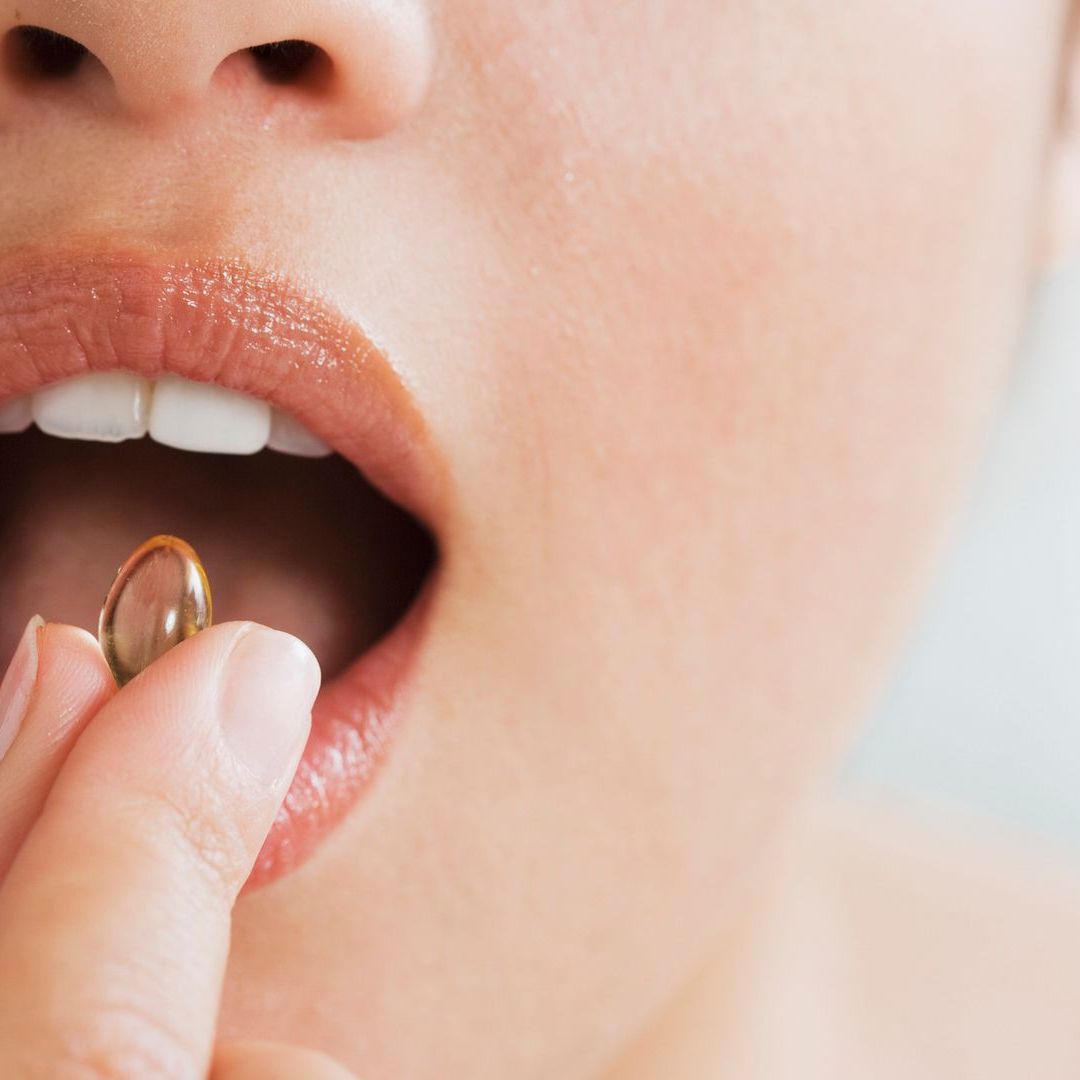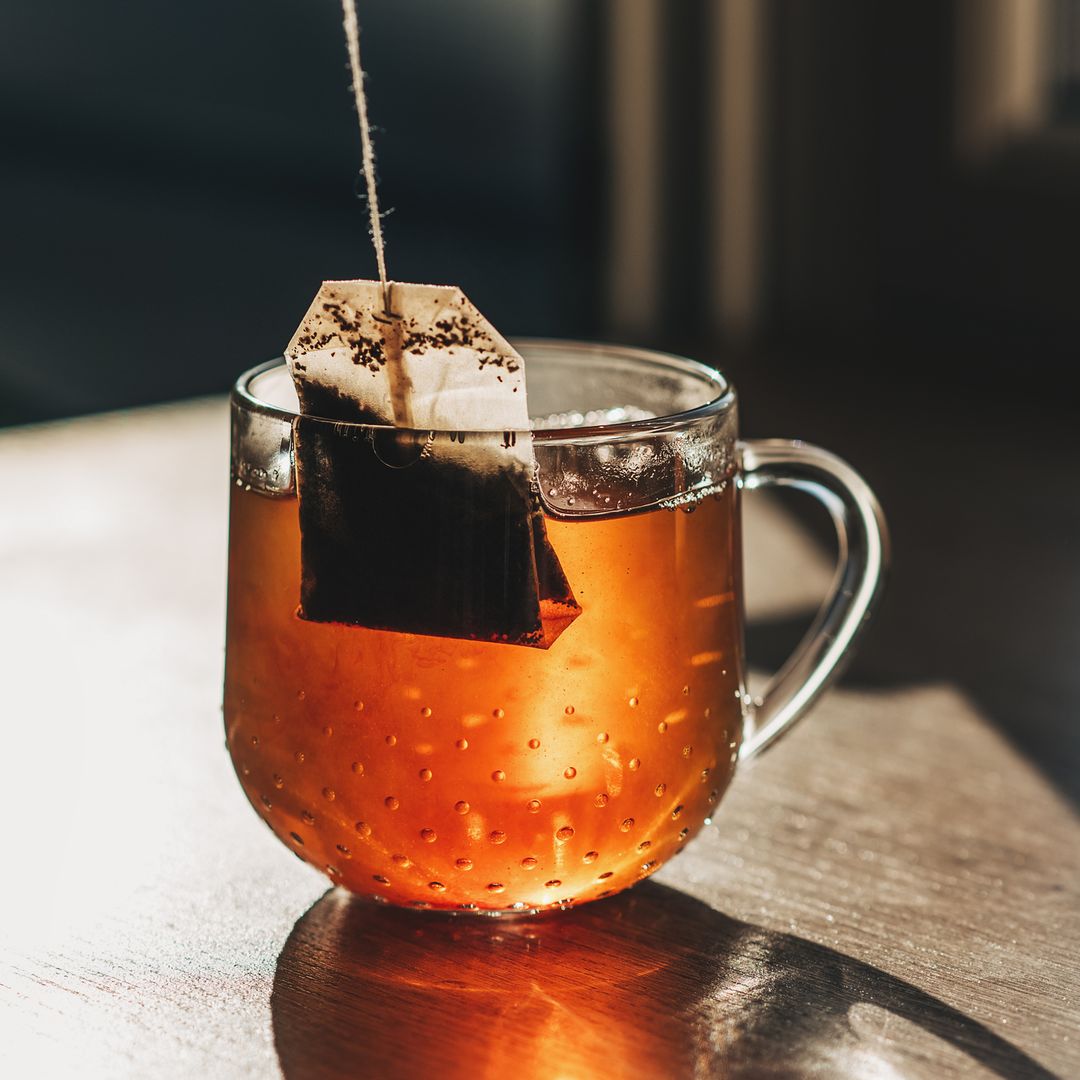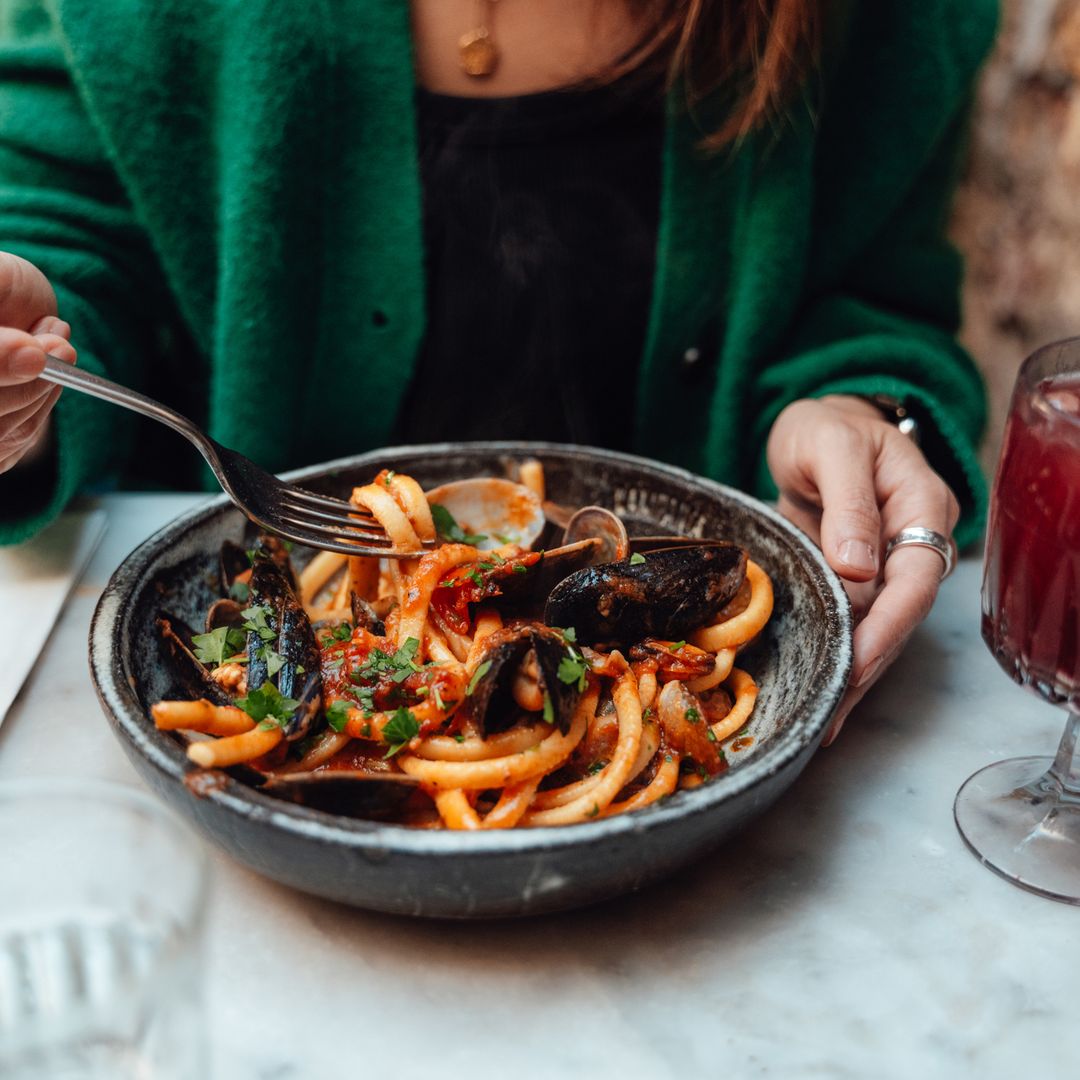Cravings are our body's way of telling us that something is missing. By sending these messages across, our bodies can maintain the balance of minerals, vitamins as well as energy levels. But what do our desires for certain foods really mean?
Craving: Something sweet
You need: Chromium
"As you eat, your blood sugar goes up and insulin is released. If you are eating refined sugar and carbs they will hit your bloodstream fast and cause an imbalance in blood sugar. Your body will release more insulin to deal with this rapid rise in blood sugar.
"Once dealt with, the blood sugar levels will drop, but because you've generated the release of so much insulin, the levels will drop too low and you will soon feel like snacking on a bar of chocolate. The more sweets you eat, the more you will crave them – it is a catch 22," explains Dr Marilyn Glenville, the UK’s leading Nutritionist and author of Fat Around The Middle.
To help curb sugar cravings, you can try taking Chromium, a mineral that helps balance insulin levels and keeps afternoon sugar pangs at bay.
"Make sure you eat a healthy breakfast, which contains protein as well as carbohydrates (scrambled eggs with rye bread) and continue later during the day with vegetables; this helps to maintain a steady flow of blood sugar. This means, that by the time you get to 4pm, your blood sugar should not have dropped so much that you need that quick sweet fix." says Dr Glenville.
Craving: Chocolate
You need: Magnesium
"Another craving that most of us experience on a daily basis is chocolate. However, what we really want and need is magnesium. It has been estimated that approximately 80% of the population is lacking magnesium in their daily diet.
"Magnesium can not only support the immune system by preventing inflammation but it also plays a crucial role in balancing the nervous system and easing anxiety. It is also important for good bone health. The best way to deal with this craving is to reach for a square of dark chocolate (70% of cocoa)." explain Shona Wilkinson, Head Nutritionist at nutricentre.com.
"If you feel like you are not eating enough fish, green leafy vegetables and nuts to keep your magnesium levels balanced, try to include a supplement," adds Nutritionist Cassandra Barns.
Craving: Salt
You need: Sodium
"If you crave salty food, it could mean that your sodium levels are too low, usually due to dehydration (after exercise, illness or drinking alcohol). Sodium is a very important mineral that helps to maintain water balance in our body and regulate blood pressure.
"You can quickly replenish it by snacking on e.g. dried anchovies or salted popcorn, which are naturally high in sodium. You can also find small amounts of this mineral in celery and carrots, which should help your craving," explains Shona Wilkinson.
Craving: Stodgy carbs
You need: Tryptophan
"Carb cravings are a sign of low levels of the amino acid - tryptophan, which is necessary for the serotonin production – a 'happy' brain chemical. It plays a crucial role in sleep and wake cycles as well as digestion. A lack of it can lead to low mood and anxiety. Instead of reaching for stodgy carbs try to include certain protein in your diet that can provide you a fair amount of tryptophan, e.g. turkey, eggs, bananas or walnuts," says Dr Glenville.
Craving: Meat
You need: Iron
"Craving meat could mean that your body needs iron. Recently, there has been a growing tendency to cut down on red meat in our diet, which is a main cause of iron deficiency. It plays a vital role in supporting the immune system, as it helps to transport oxygen throughout the body. Without it, we become fatigued and tired.
"Try to include red meat at least once a week in your diet and add lentils, spinach and pumpkin seeds, which are also a great source of minerals and vitamins. Alternatively, you can replenish iron deficiency by taking a good quality multivitamin," explains Cassandra Barns.
Craving: Sour/vinegary foods
You need: stomach acid
"If all you can think of are citruses, chips with vinegar and pickles you might be low in stomach acids. When levels of stomach acids are not right we tend to reach for acidy foods. Imbalances of the flora in your stomach can be a cause of indigestion, allergies and discomfort.
"Stomach Acids help to break down foods and it is the body's first line of defence when it comes to disinfecting and sterilising foods. To protect your stomach lining try taking probiotics to restore and maintain a healthy digestion tract.
"To renew the mucus in the stomach lining and improve digestion you can also include medicinal mushroom supplement in your diet. Medicinal mushrooms, that have been coined as the kale of 2016, have been also proved to help with leaky gut, IBS and Crohn’s disease," explains Cassandra Barns.


